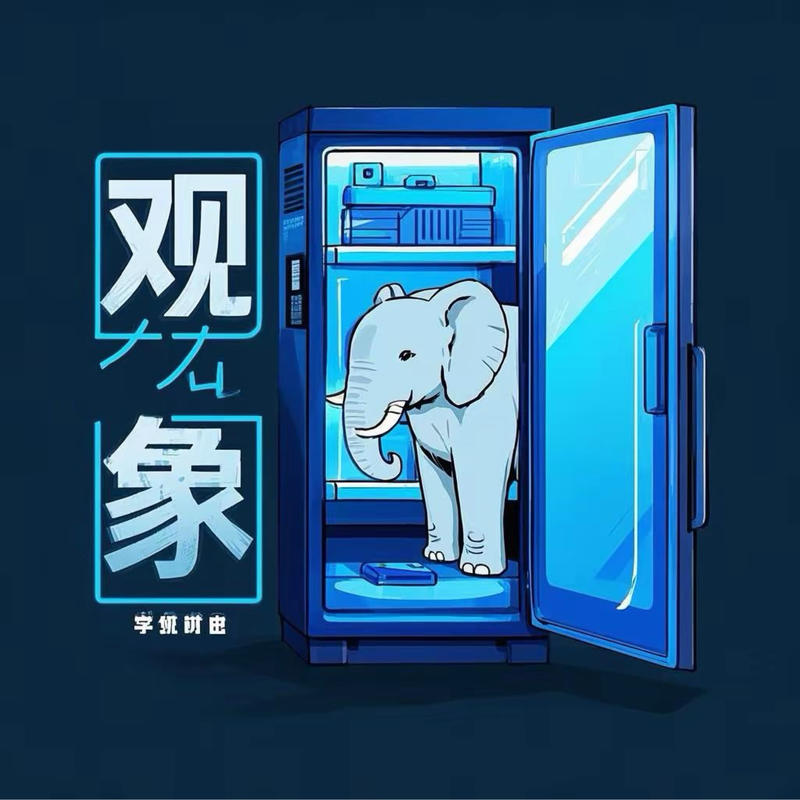
At the core of physicist David Deutsch’s worldview is the insight that reality is comprehensible, and that our best explanations — the deepest, most general, and most connected — are four intertwined strands:
🧵 The Four Strands:
- Quantum Theory
– The most accurate model of physical reality to date.
– At its heart: multiple universes, entanglement, and quantum computation. - Epistemology
– The study of knowledge: how we know what we know.
– Critical rationalism and fallibilism: we are always approximating truth. - Theory of Computation
– What can be computed and how. The structure of process in the universe.
– Universal computation as a mirror of universal explainers. - Evolution by Natural Selection
– The generator of complexity in biological systems.
– A substrate-independent algorithm for knowledge creation and adaptation.
🔗 Naval’s Synthesis: The Crystal of Reality
Naval Ravikant, in interpreting Deutsch, points out that:
"Knowledge is not a set of disconnected facts. It’s a crystal — an integrated, connected whole."
Learning one strand reinforces the others. They are not tools for siloed disciplines; they are the DNA of reasoned life, of how you relate to the world, build your worldview, and make decisions.
🧭 Core Principles Embedded in the Four Strands
1. 🧩 Fallibilism & Truth-Seeking
- All knowledge is conjectural.
- Errors are expected and desirable if they help refine truth.
- Progress comes not from defending positions, but from falsifying bad ones.
2. 👁️🗨️ Individual over Collective Epistemology
- Groups seek consensus; individuals seek truth.
- Nature, not society, punishes falsehood (gravity doesn’t care about your opinion).
- The scientific method, free markets, and natural selection all reward correct models — over time.
3. 🔓 Freedom as the Precondition for Progress
- All progress requires the freedom to criticize, to think, to compute, to speak.
- Attempts to "regulate" ideas (math, code, speech) destroy the substrate for innovation.
- True threats to civilization come from epistemic closure, not open information.
💰 Deutschian Economics: Knowledge as Wealth
“Wealth is the set of transformations we can perform.”
- Knowledge, not capital, is the constraint.
- Resources are not finite — they’re bounded only by understanding.
- Economic growth ≠ exploitation. It's an explosion of what’s possible through innovation.
- Zero-sum status games are maladaptive; positive-sum knowledge games are the future.
🚀 Human Exceptionalism Reframed
Humans are not just clever apes. They are:
Universal Explainers – the only known systems capable of understanding anything that is understandable.
- Our uniqueness lies in our unbounded capacity to generate explanations and pass them down across generations.
- This is why humans transformed the planet in 10,000 years, while chimps have not transformed a jungle in 1 million.
☢️ Societal Implications
- Degrowth is described as "philosophical self-harm" — a romanticization of pre-knowledge, high-mortality eras.
- Attempts to regulate ideas like AI are likened to regulating algebra.
- Western civilization’s strength lies in its foundation of decentralized truth-seeking institutions, which must be preserved at all costs.
🛠 Mental Multi-Tool Analogy
Each strand of the “fabric” is like a specialized blade:
StrandFunctionQuantum TheoryModels the unseen worldEpistemologyEvaluates beliefsComputationModels what is possibleEvolutionModels how complex order arises
But all fold into one handle: a coherent worldview that helps you:
- Navigate uncertainty
- Make decisions under complexity
- Create, innovate, adapt, and course-correct
🧭 Final Insight:
The quality of your life depends on the quality of your explanations.
Learn to reason from first principles, think independently, and embrace being wrong — because that’s where all progress lives.
空空如也
暂无小宇宙热门评论

